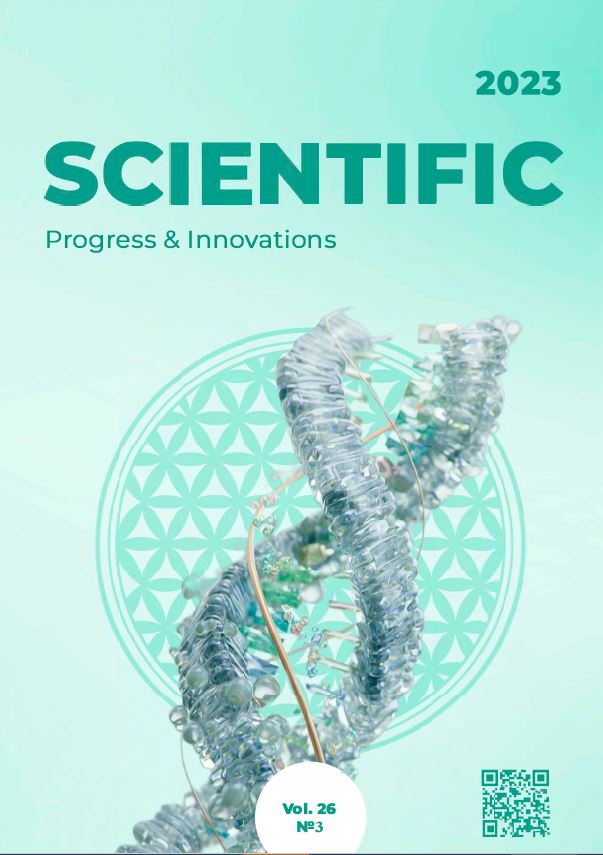Prospects for the use of growth regulators and biostimulants in medicinal plant production
DOI:
https://doi.org/10.31210/spi2023.26.03.08Keywords:
Medicinal plants, biostimulants, Marigold, French Marigold, Milk Thistle, Peppermint, Forest Mallows, growth stimulantsAbstract
Weather conditions, low-quality means of plant protection or non-compliance with the technology of their ap-plication, as well as violations of the medicinal plants growing technology lead to stressful situations. As a result, they can significantly reduce their productivity and quality, which negatively affects the yield and quality of raw materials. In this regard, a promising direction in medicinal plant production is the use of growth regulators and biostimulants which help to increase the immunity of plants and reduce stress due to various negative factors. The purpose of the article is to analyze modern studies on the effect of growth regulators and biostimulants on medicinal plants to improve their quality, increase productivity and counteract stress conditions. The positive effect of humic acids on the flowering time and yield of calendula officinalis has been determined, and due to the application of Kadostim and Humiforte – increase the total amount of flavonoids and carbohydrate components of the leaves, P, K and N. The increase in the nutritional status of sprayed marigold plants due to Radifarm® was studied, increase in the number of leaves and flowers on a plant. The effectiveness of the application of chitosan on milk thistle was proven, which led to a reduction in the negative effects of salt stress, stimulation of the activity of enzymes and antioxidants. When salicylic acid was used in milk thistle seeds, the content of antioxidant compounds increased, vegetative growth accelerated and yield increased. The results of application on different types of mint were deter-mined: the strain T. harzianum – improvement of menthol content and oil yield; CRADLETM, MobilizerTM and Nanozim NXTTM – facilitating metabolic and physiological reactions; salicylic acid – stimulation of oil components; chitosan, citric and humic acids – increase in dry weight of stems and leaves; arbuscular mycorrhizal fungi with chitosan – positive effect on secondary metabolites and dry plant mass. The application of seaweed extracts in me-dicinal plant production is promising: it was found that phytomass and the content of minerals and antioxidants of jute mallow grew under the influence of these extracts.

 Creative Commons Attribution 4.0 International Licens
Creative Commons Attribution 4.0 International Licens